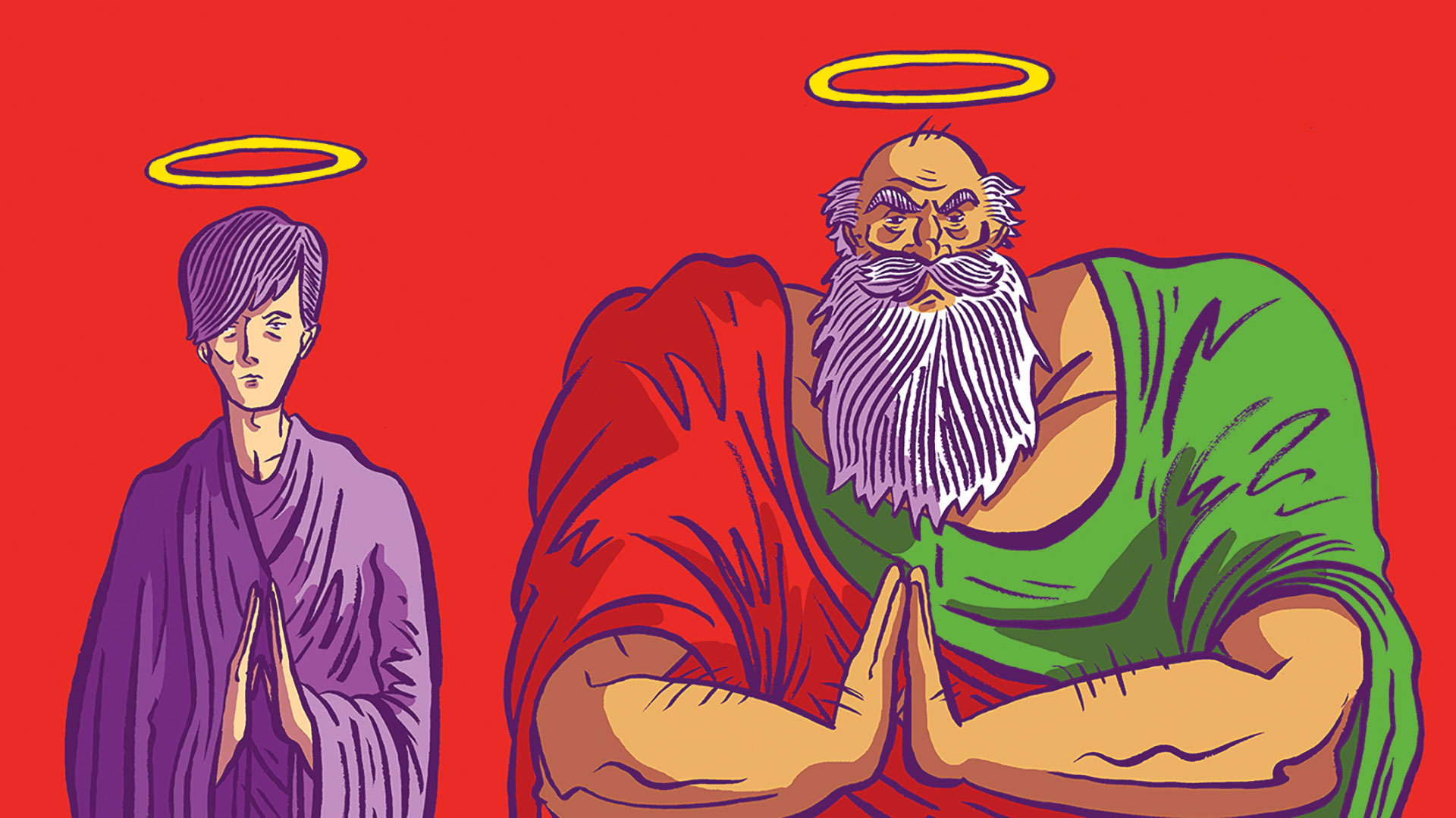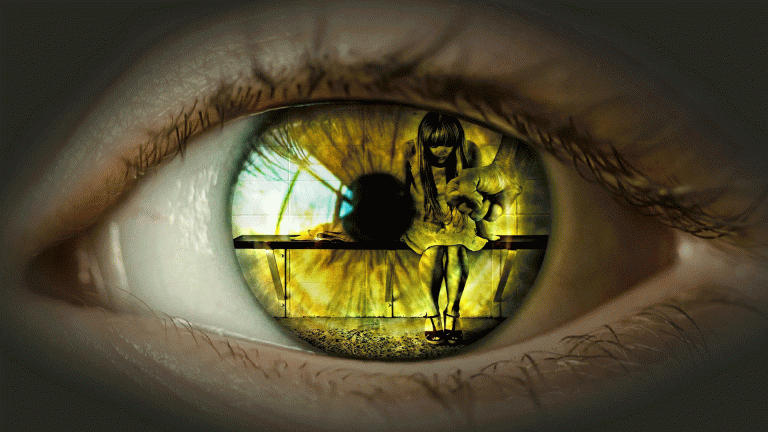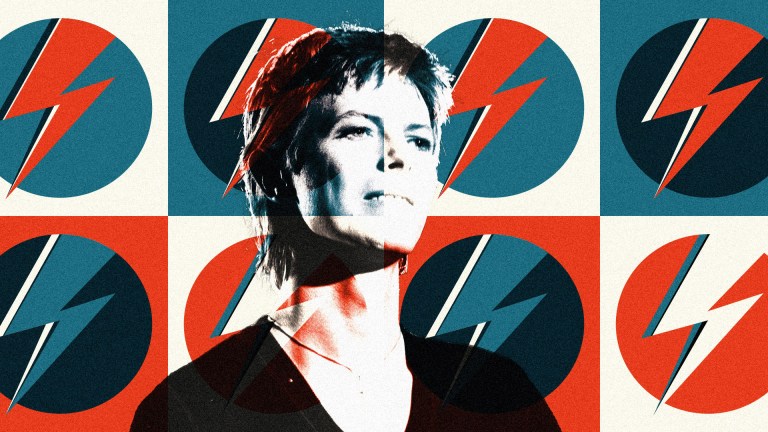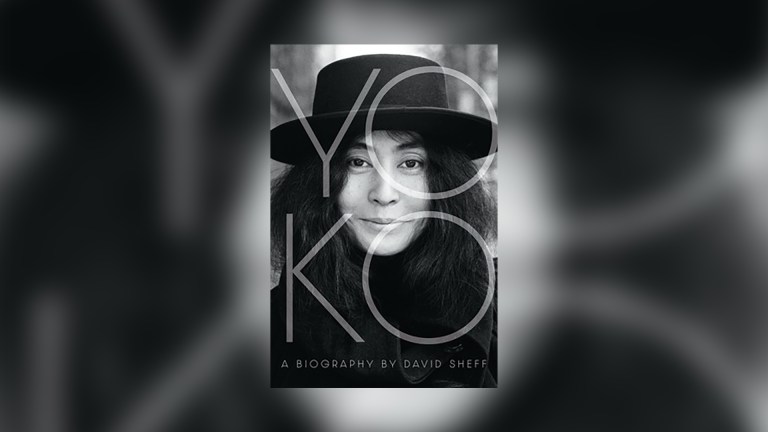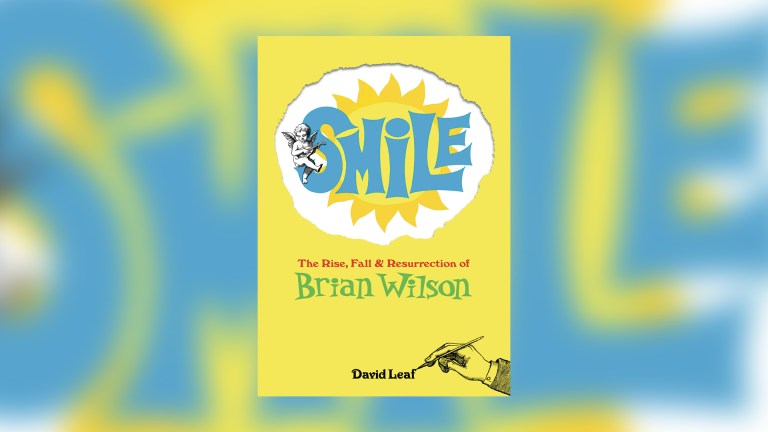It’s difficult to sum up The Kingdom, the esteemed French writer Emmanuel Carrère’s latest offering in a body of domestically feted work. This scholarly investigation into the origins of Christianity, via Carrère’s own tempestuous relationship with Catholicism, is subtitled ‘A Novel’ and there are parts, such as when he is presenting his layered and colourful version of St Luke, that it reads exactly like imaginative fiction. On the other hand, the historical study is framed by forensic, frank, and often very funny autobiography.
The book begins with a view of Christianity so mocking and derisory in tone you can feel the crawl of the priest’s skin as you read; the religion is a fairytale which ‘offends reason’, generally followed by people ‘dressed as badly as possible’.
This is not a radical angle for a European intellectual. What is surprising however is Carrère’s admission that he himself was once so deeply ‘touched by grace’ (the phrase makes him shrivel now) that he attended Mass every day, had his sons baptised, and nagged at them to pray with him at night.
This ‘conversion’ (his quote marks) lasted but three years and he looks back at it with disbelief and bafflement. In order to get back in touch with this alien, observant Carrère while he researches his divergent version of the first Christians, he decides to dive back into the dusty journals he kept at the time. The result is one of the most exciting, entertaining, informative page-turners I’ve read in years; an absolute revelation for this unbaptised agnostic.
The autobiographical detail ranges from florid descriptions of Carrère’s favourite porn star to compelling anecdotes about his work, family, and spiritual encounters. His breezy, conversational tone is applied to everything from a tender portrait of his soulful grandmother to a diagnostic examination of the dysfunctional domestic setting for his love affair with, and gradual disaffection from, Catholicism. His tone is unique, an intoxicating mixture of brio and depth which combines Dostoevsky, Dickens and Woody Allen (hey, he quips, ‘I need all the glory I can get’).
This is Lives of the Saints retold by Karl Ove Knausgaard, a mixture of brio and depth which combines Dostoevsky, Dickens and Woody Allen
But where this book shines most is in its soap opera-style re-imagining of the ‘hard-boiled’ St Paul and, most delectably of all, the troubled, congenial doctor St Luke, who comes across as a lost emo kid pinning his hopes on the promise of an alluring new religion. Carrère nurtures almost fatherly feeling for the often misjudged Luke (he becomes very protective upon discovering that Pasolini considered Luke an obsequious little turd ‘inspired by Satan’).
